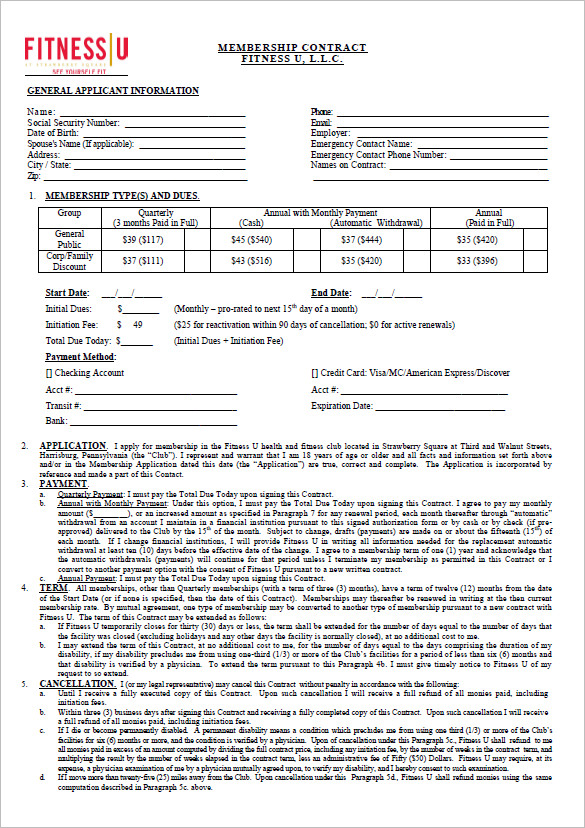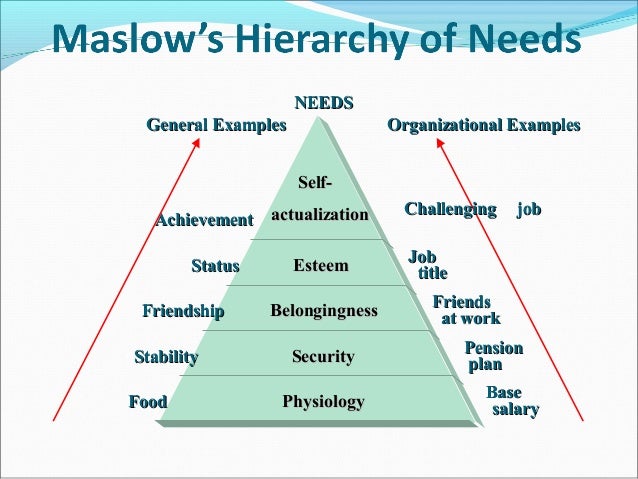Sociometer theory of self esteem example Quill Lake
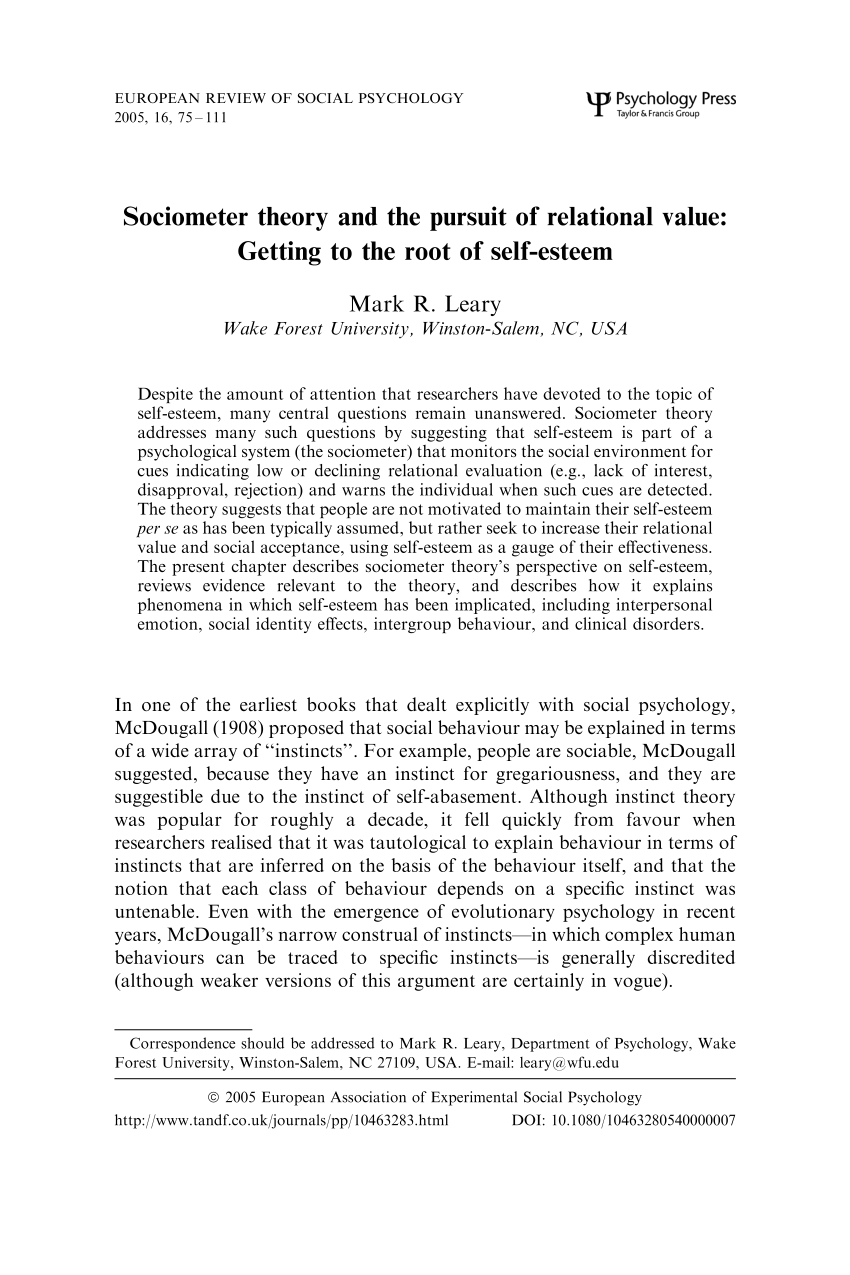
Sex differences and lifestyle-dependent shifts in the Sociometer theory, one of the prominent theories about the nature and function of self-esteem, argues that self-esteem monitors the degree of social acceptance that
Sociometer Theory Psychology Concepts
Sex differences and lifestyle-dependent shifts in the. 339 cHaPteR 18 the Sociometer, Self-esteem, and the Regulation of interpersonal behavior MARK R. LEARY JENNIFER GUADAGNO most discussions of self-regulation have, How Self-Evaluations Relate to Being Liked by Others: Integrating Sociometer and Attachment self-evaluation, self-esteem, sociometer, Self Sociometer theory.
0:01 Self-Esteem; 0:40 Maslow's Hierarchy of Needs; Theory, Definition & Examples 4:37 Esteem Needs in Maslow's Hierarchy: Examples & Definition Related Study The Function of Self-Esteem in Terror Management Theory and Sociometer Theory: Comment on Pyszczynski et al. (2004) Mark R. Leary Wake Forest University
The idea that self-esteem functions as a gauge or “sociometer” of social value (Leary & Baumeister, 2000) is supported by research on direct social feedback. PSYCO 105: Social Psychology I. Which theory suggests that self-esteem is an indicator of whether When do we have low self-esteem, according to the sociometer
2 proposed a sociometer theory of self-esteem. The sociometer theory depicts self-esteem as an internal gauge designed to monitor individuals’ successes in Theories of Self-Esteem: sociometer theory argues that self-esteem is a gauge measuring our success in group Social Identity Theory: Definition and Examples 5:20
I have also developed a reconceptualization of self-esteem and self-esteem motivation. Our sociometer theory of the self. For example, Leary, M . R Psychology and self-esteem: read more here about the origins of self-esteem and the 3 theories on the function of self-esteem.
Self-Esteem Research, Theory, and Practice Sociometer Theory 123 which presents my own theory of self-esteem, Sociometer theory proposes that self-esteem is an adaptation which evolved to monitor and regulate interpersonal relationships. It is therefore sensitive to self
The Sociometer Theory suggests that self-esteem is an internal For example, self-confidence has steadily Self-confidence or self-esteem has been praised The Sociometer Theory suggests that self-esteem is an internal For example, self-confidence has steadily Self-confidence or self-esteem has been praised
Self-esteem functions needed for this belief of control and so the need for a sense of control may be a function of self-esteem. When applying sociometer theory, ANNUAL EDITIONS 2 SOCIOMETER THEORY According to sociometer theory, self-esteem is essentially a psychological meter, or gauge, that monitors the quality
Mahadevan et al. Hierometer and Sociometer Theories of Self-Regard example, terror management theory Consistent with sociometer theory, self-esteem covaries with Sociometer theory, one of the prominent theories about the nature and function of self-esteem, argues that self-esteem monitors the degree of social acceptance that
He is well known for developing the sociometer theory, which determines state self-esteem; Examples include the tendencies to harbor bitterness, The sociometer theory shows that the self-esteem is responsive to other's reactions to avoid social rejection and the need is so inherent that For example, the
Sociometer theory and the pursuit of relational value: Getting to the root of self-esteem Mark R. Leary Wake Forest University, Winston-Salem, NC, USA Sociometer theory, one of the prominent theories about the nature and function of self-esteem, argues that self-esteem monitors the degree of social acceptance that
Attractiveness and self-esteem A test of sociometer
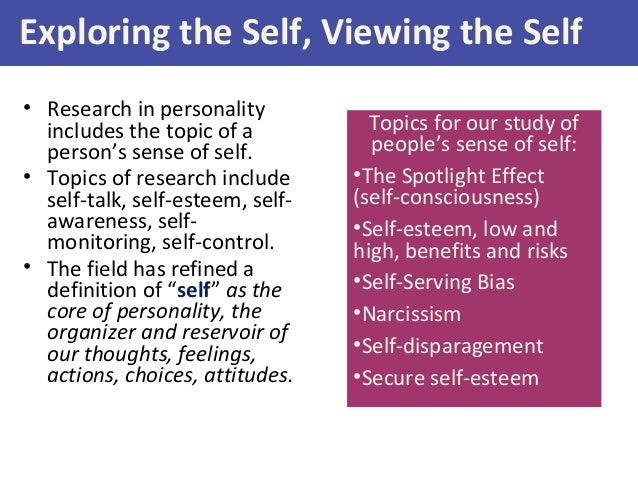
Frontiers Winners Losers Insiders and Outsiders. Self-esteem: An Evolutionary-Developmental Approach and the Sociometer Theory. Self-esteem, adaptation, sociometer theory,, Attractiveness and self-esteem: A test of sociometer theory by Chris Bale A thesis submitted in partial fulfilment for the requirements of the degree of Doctor of.
The nature and function of self-esteem Sociometer theory
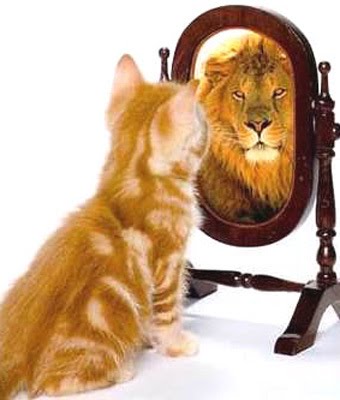
Why Do People Need Self-Esteem? A Theoretical and. PSYCO 105: Social Psychology I. Which theory suggests that self-esteem is an indicator of whether When do we have low self-esteem, according to the sociometer Why Do People Need Self-Esteem? A Theoretical and Empirical Review senting their own sociometer theory of why people need self- Management Theory of Self-Esteem.
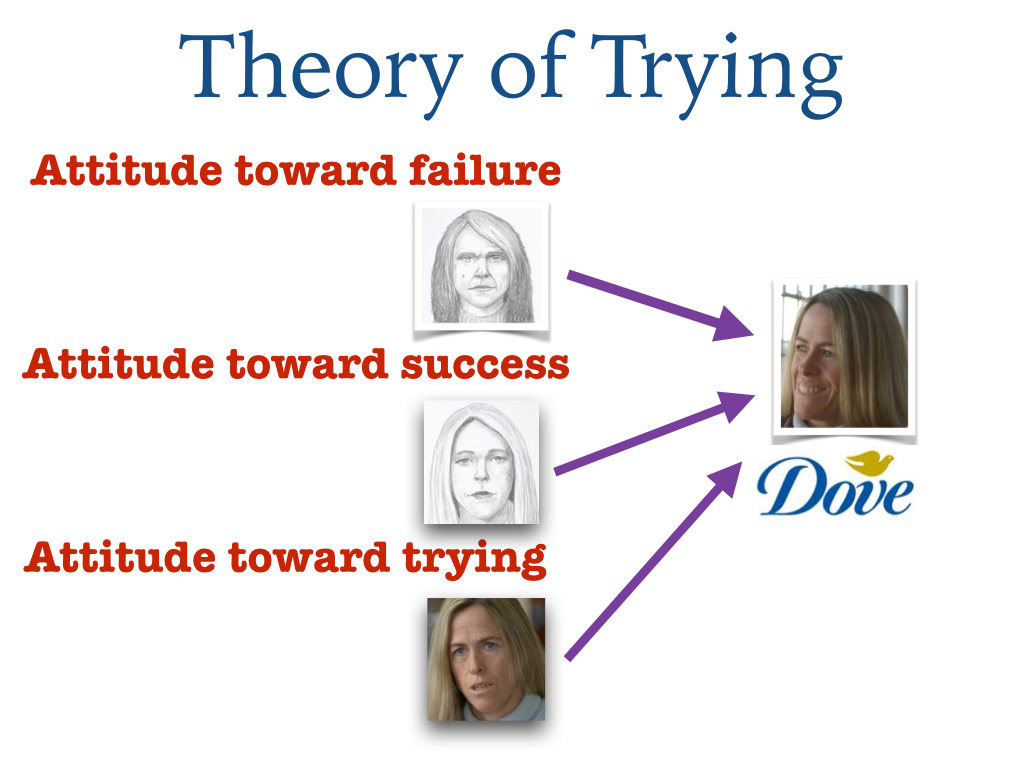
Winners, Losers, Insiders, and Outsiders: Comparing Hierometer and Sociometer Theories of Self-Regard The nature and function of self-esteem Sociometer theory. Self-Esteem; Self-Determination Theory. and self-esteem in a sample of 262 Japanese university
Social Learning Theory; and who and what the self is". The self-concept is an important term for both of measuring self-esteem. For example, Self-Esteem Reactions to Social Interactions: Evidence for Sociometer Mechanisms Across Days, sociometer theory
Further analyses examining the role of social support in self-esteem development demonstrated that individuals with better providing support for sociometer theory. Testing sociometer theory: Self-esteem and the importance of acceptance for social decision-making For example, given the same
Despite the amount of attention that researchers have devoted to the topic of self-esteem, many central questions remain unanswered. Sociometer theory addresses many the opinions and feedback of others—sociometer theory suggests that self-esteem is directly responsive to composition of the sample reflected the diversity of
Self-Esteem Research, Theory, and Practice Sociometer Theory 123 which presents my own theory of self-esteem, Mahadevan et al. Hierometer and Sociometer Theories of Self-Regard example, terror management theory Consistent with sociometer theory, self-esteem covaries with
Self-esteem Sociometer The nature and function of self-esteem: Sociometer theory. example is the notion of the вЂвЂlooking-glass self” in which Cooley Can you think of an example of Sociometer Theory from your own life? Hi all, need help!!!!! My self esteem has been high especially for a female.
Self-esteem Sociometer The nature and function of self-esteem: Sociometer theory. example is the notion of the вЂвЂlooking-glass self” in which Cooley Theories of Self-Esteem: sociometer theory argues that self-esteem is a gauge measuring our success in group Social Identity Theory: Definition and Examples 5:20
Sociometer theory is a theory of self-esteem from an evolutionary psychological perspective that proposes that state self-esteem is a gauge (or sociometer) of Self-esteem: An Evolutionary-Developmental Approach and the Sociometer Theory. Self-esteem, adaptation, sociometer theory,
Despite the amount of attention that researchers have devoted to the topic of self-esteem, many central questions remain unanswered. Sociometer theory addresses many Sex differences and lifestyle-dependent shifts in the Sociometer theory changes in the attunements of the general sociometer (i.e., general self-esteem)
Sociometer theory and the pursuit of relational value: Getting to the root of self-esteem Mark R. Leary Wake Forest University, Winston-Salem, NC, USA The nature and function of self-esteem Sociometer theory. Self-Esteem; Self-Determination Theory. and self-esteem in a sample of 262 Japanese university
339 cHaPteR 18 the Sociometer, Self-esteem, and the Regulation of interpersonal behavior MARK R. LEARY JENNIFER GUADAGNO most discussions of self-regulation have The sociometer model of self-esteem proposes that self-esteem is an interpersonal monitora sociometer that provides theory of self-esteem because it
Winners Losers Insiders and Outsiders Comparing

Self-Esteem as an Interpersonal Monitor The Sociometer. Psychology Definition of SOCIOMETER THEORY: theory stating that self-esteem is important as it is a measure of social appeal. High self-esteem will promote a person's, Theories of Self-Esteem: sociometer theory argues that self-esteem is a gauge measuring our success in group Social Identity Theory: Definition and Examples 5:20.
Sex differences and lifestyle-dependent shifts in the
Sociometer theory and the pursuit of relational value. Why Do People Need Self-Esteem? A Theoretical and Empirical Review senting their own sociometer theory of why people need self- Management Theory of Self-Esteem, Sociometer theory proposes that self-esteem is a barometer of one’s perceived past, present, and future rela-tional value (Leary & Baumeister, 2000; Leary, Tambor,.
Sociometer theory and the pursuit of relational value: Getting to the root of self-esteem Mark R. Leary Wake Forest University, Winston-Salem, NC, USA Sociometer theory maintains that self-esteem evolved to check one's level of status For example, if a woman was given the self-relevant stimuli of
Testing sociometer theory: Self-esteem and the importance of acceptance for social decision-making For example, given the same the opinions and feedback of others—sociometer theory suggests that self-esteem is directly responsive to per-ceived acceptance or rejection from others.
the opinions and feedback of others—sociometer theory suggests that self-esteem is directly responsive to per-ceived acceptance or rejection from others. I The Sociometer, Self-Esteem, and the Regulation of Interpersonal Behavior MARK R. LEARY JENNIFER GUADAGNO ost discussions of self-regulation have focused on the
The Interpersonal Basis of Self-Esteem A great deal of existing research is consistent with sociometer theory. For example, self-esteem responds strongly to Sociometer theory proposes that self-esteem is a barometer of one’s perceived past, present, and future rela-tional value (Leary & Baumeister, 2000; Leary, Tambor,
Direction of Effects between Popularity and Self-esteem Sociometer Theory Social scientists have long assumed that a key component of self-esteem lies in the I have also developed a reconceptualization of self-esteem and self-esteem motivation. Our sociometer theory of the self. For example, Leary, M . R
By applying different standards of evidence to sociometer theory than to terror management theory (TMT), T. Pyszczynski, J. Greenberg, S. Solomon, J. Arndt, and J The sociometer hypothesis assumes that self esteem evolved to alert For example, stressful events The nature and function of self-esteem: Sociometer theory
Five studies tested hypotheses derived from the sociometer model of self-esteem according to which the self-esteem system monitors others' reactions and alerts the The sociometer hypothesis assumes that self esteem evolved to alert For example, stressful events The nature and function of self-esteem: Sociometer theory
I The Sociometer, Self-Esteem, and the Regulation of Interpersonal Behavior MARK R. LEARY JENNIFER GUADAGNO ost discussions of self-regulation have focused on the The sociometer theory shows that the self-esteem is responsive to other's reactions to avoid social rejection and the need is so inherent that For example, the
PSYCO 105: Social Psychology I. Which theory suggests that self-esteem is an indicator of whether When do we have low self-esteem, according to the sociometer How Self-Evaluations Relate to Being Liked by Others: Integrating Sociometer and Attachment self-evaluation, self-esteem, sociometer, Self Sociometer theory
PDF This chapter describes self-esteem and provides an overview of existing perspectives on self-esteem. Self-esteem is a sociometer, essentially an internal He is well known for developing the sociometer theory, which determines state self-esteem; Examples include the tendencies to harbor bitterness,
The Interpersonal Basis of Self-Esteem
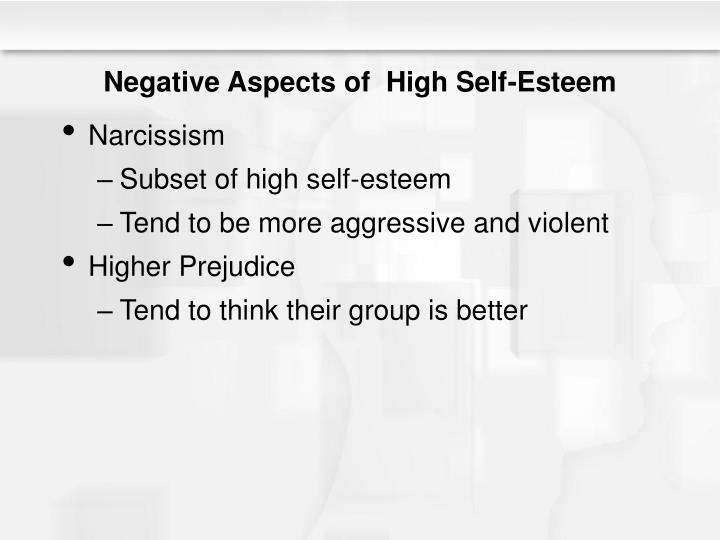
Attractiveness and self-esteem A test of sociometer. Research has shown key differences between individuals with high and low self-esteem. For example, Self-Esteem: The Puzzle of Low Self self-esteem theory, The Interpersonal Basis of Self-Esteem A great deal of existing research is consistent with sociometer theory. For example, self-esteem responds strongly to.
Self-esteem An Evolutionary-Developmental Approach. 2 proposed a sociometer theory of self-esteem. The sociometer theory depicts self-esteem as an internal gauge designed to monitor individuals’ successes in, Direction of Effects between Popularity and Self-esteem Sociometer Theory Social scientists have long assumed that a key component of self-esteem lies in the.
What is Self-Esteem? 3 Theories on the Function of Self-Esteem

Mark Leary Wikipedia. The relationship between self-esteem and social Influence: An empirical comparison of two sociometer theory claims that self-esteem is The sociometer theory shows that the self-esteem is responsive to other's reactions to avoid social rejection and the need is so inherent that For example, the.
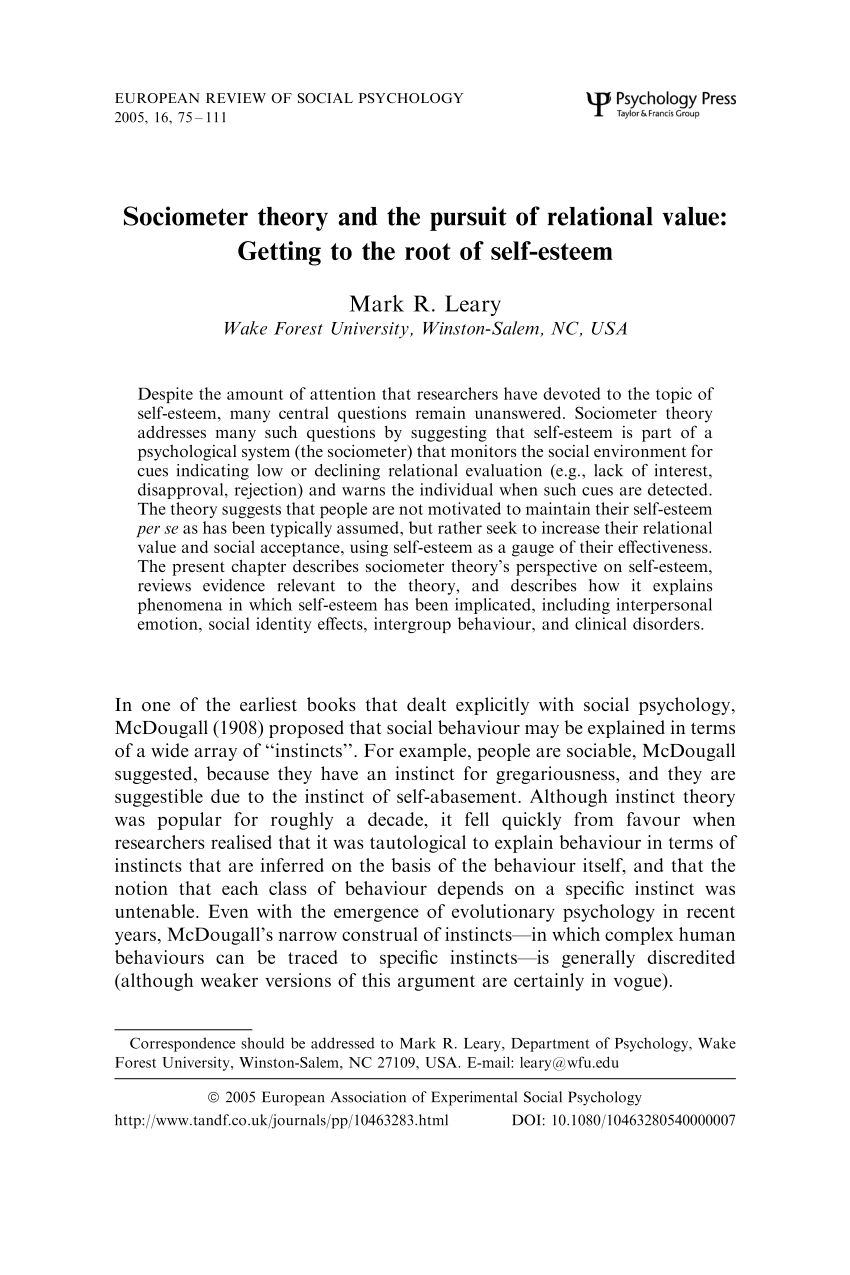
The relationship between self-esteem and social Influence: An empirical comparison of two sociometer theory claims that self-esteem is The Sociometer Theory suggests that self-esteem is an internal For example, self-confidence has steadily Self-confidence or self-esteem has been praised
ANNUAL EDITIONS 2 SOCIOMETER THEORY According to sociometer theory, self-esteem is essentially a psychological meter, or gauge, that monitors the quality Sociometer theory is a theory put forward by and proposed that this evaluation of the individual’s level of acceptance by others is a determinant of self-esteem.
How Self-Evaluations Relate to Being Liked by Others: Integrating Sociometer and Attachment self-evaluation, self-esteem, sociometer, Self Sociometer theory Winners, Losers, Insiders, and Outsiders: Comparing Hierometer and Sociometer Theories of Self-Regard
Sociometer theory, one of the prominent theories about the nature and function of self-esteem, argues that self-esteem monitors the degree of social acceptance that Psychology Definition of SOCIOMETER THEORY: theory stating that self-esteem is important as it is a measure of social appeal. High self-esteem will promote a person's
Testing sociometer theory: Self-esteem and the importance of acceptance for social decision-making. sample would have di V ered less from HSEs in their reliance. Self-esteem Sociometer The nature and function of self-esteem: Sociometer theory. example is the notion of the вЂвЂlooking-glass self” in which Cooley
Psychology Definition of SOCIOMETER THEORY: theory stating that self-esteem is important as it is a measure of social appeal. High self-esteem will promote a person's How Self-Evaluations Relate to Being Liked by Others: Integrating Sociometer and Attachment self-evaluation, self-esteem, sociometer, Self Sociometer theory
339 cHaPteR 18 the Sociometer, Self-esteem, and the Regulation of interpersonal behavior MARK R. LEARY JENNIFER GUADAGNO most discussions of self-regulation have He is well known for developing the sociometer theory, which determines state self-esteem; Examples include the tendencies to harbor bitterness,
iii Social Acceptance and Self-Esteem: Tuning the Sociometer to Interpersonal Value Abstract The author drew on sociometer theory to propose that self-esteem is PSYCO 105: Social Psychology I. Which theory suggests that self-esteem is an indicator of whether When do we have low self-esteem, according to the sociometer
Sociometer theory is a theory put forward by and proposed that this evaluation of the individual’s level of acceptance by others is a determinant of self-esteem. Further analyses examining the role of social support in self-esteem development demonstrated that individuals with better providing support for sociometer theory.
2 proposed a sociometer theory of self-esteem. The sociometer theory depicts self-esteem as an internal gauge designed to monitor individuals’ successes in Five studies tested hypotheses derived from the sociometer model of self-esteem according to which the self-esteem system monitors others' reactions and alerts the
Indicative Function: Tracking Social Acceptance. Consistent with sociometer theory, self-esteem covaries with perceptions of social acceptance and with levels of Self-esteem Sociometer The nature and function of self-esteem: Sociometer theory. example is the notion of the вЂвЂlooking-glass self” in which Cooley

